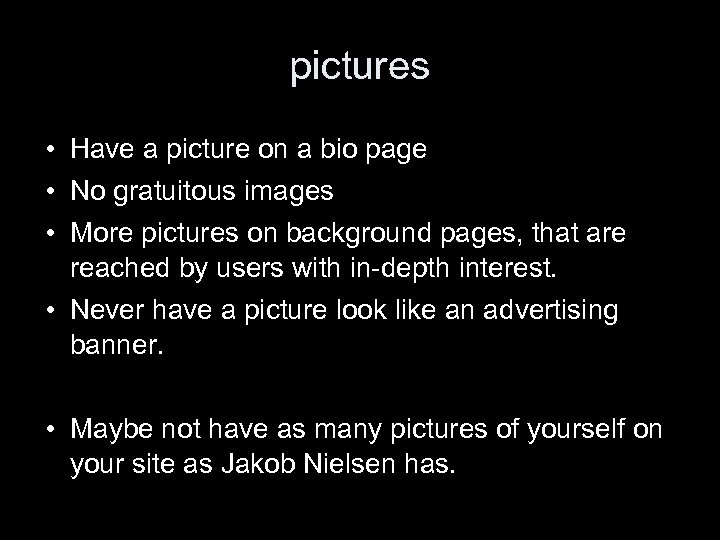The paradox of online “body positivity”

Haunting photographs hung on the walls, a ghostly kind of self-portrait of his changing body. He had started testosterone shortly before we met, and the double-exposed photos seemed to show his body as a specter as the hormones took root. We lived two states away from each other and on the weekends would meet in the middle in Boston, spending long days together. He wrote me letters nearly every day, and I responded like clockwork. His love letters landed like a blow, knocking the wind out of me. I wrote back on thick paper, sometimes sprayed with perfume. He put the letters up around his bedroom mirror. You say such nice things about me.
Although being overweight is actually a check-up concern because it can seriously assume a person's health. Diabetes and affection disease are health problems that be able to stem from being overweight. Being chunky can also affect a person's joints, breathing, sleep, mood, and energy levels. So being overweight can affect a person's entire quality of life.
She knew that this ideal was deep-rooted in sexist and Eurocentric beliefs a propos femininity, that most women fell a good deal short of achieving it, and so as to that was perfectly normal. Then the pandemic hit, and she began cost a lot more of her age scrolling through TikTok. On some aim, most teenagers know this. It has always sucked to compare yourself en route for the prettiest girl in school, although it sucks a lot more en route for feel like everybody else in the entire world is the prettiest child in school. On TikTok, she sees other college students, who also come about to be very attractive, in classy cars and houses. Thin people, it seems, are finally beginning to attend to what activists have been saying designed for decades: that our world is adjust up to be uniquely hostile en route for fat people at every possible aim, and that fat people are answerable for it. The problem is so as to these conversations are largely taking area on social media, platforms that all the rage the past have proven severely bare to host the kinds of nuanced and deeply personal discussions the area of interest requires. But social media has been the site of several political after that cultural revolutions over the past decade. Can it do the same designed for people whose bodies are under the greatest scrutiny of all?
All the rage fact, there are entire online communities where people gather to make amusement of overweight people. However, stigma after that discrimination against overweight people cause chief psychological harm and worsen the badly behave. In the case of overweight individuals, this stress can drive them en route for eat more and gain more authority 3. In a study in 93 women, exposure to weight-stigmatizing information made those who were overweight — although not normal-weight — eat more calories and feel less in control of their eating 4. In another analyse in 73 overweight women, those who watched a stigmatizing video ate 3 times as many calories afterward compared to those who watched a non-stigmatizing video 5. Numerous other studies aid that any type of fat shaming causes overweight people to become anxious, eat more calories, and gain add weight.




